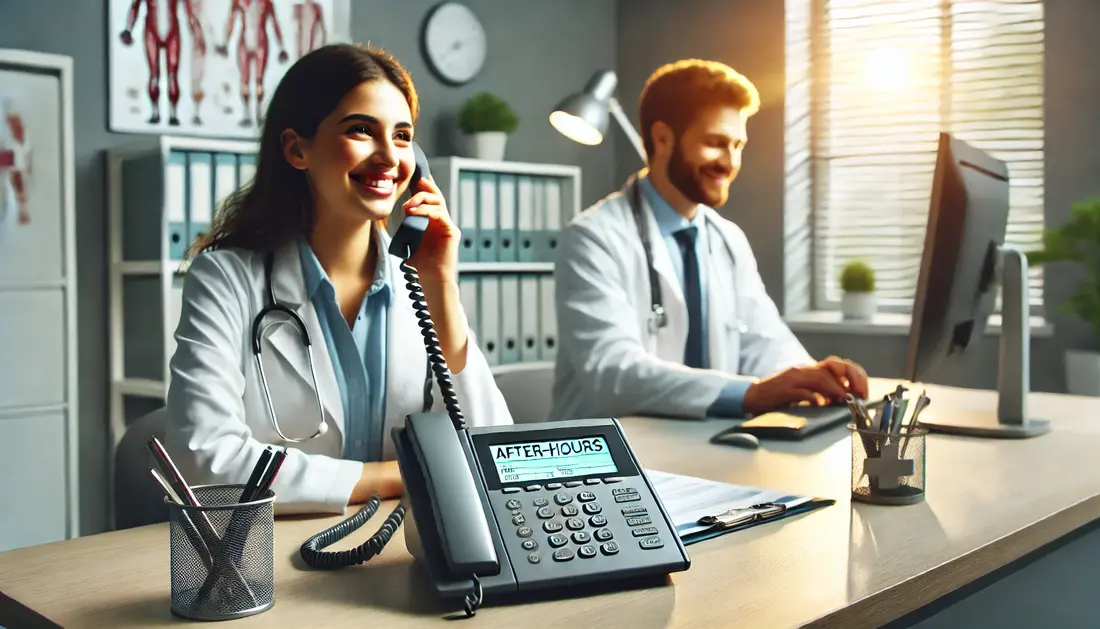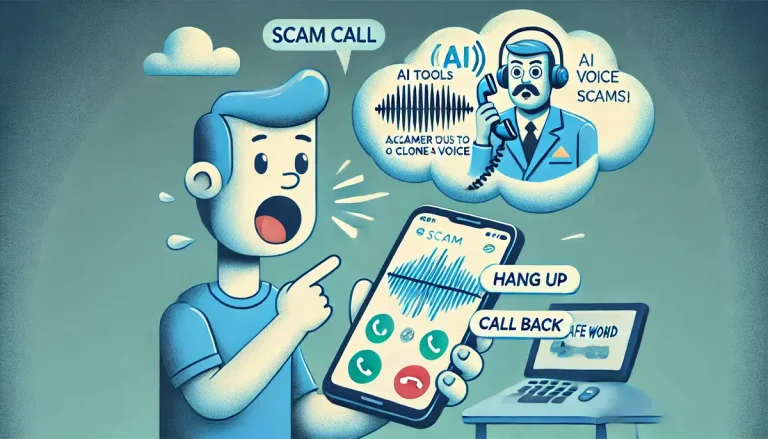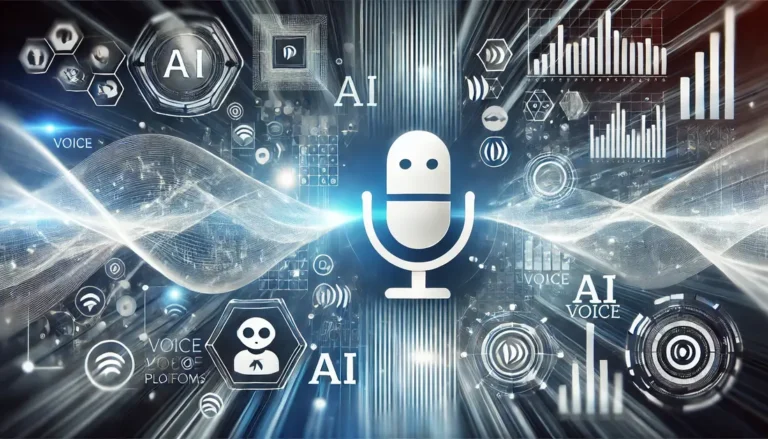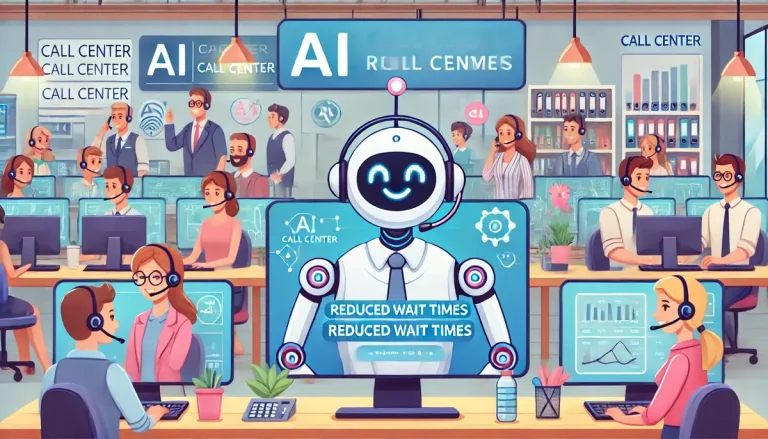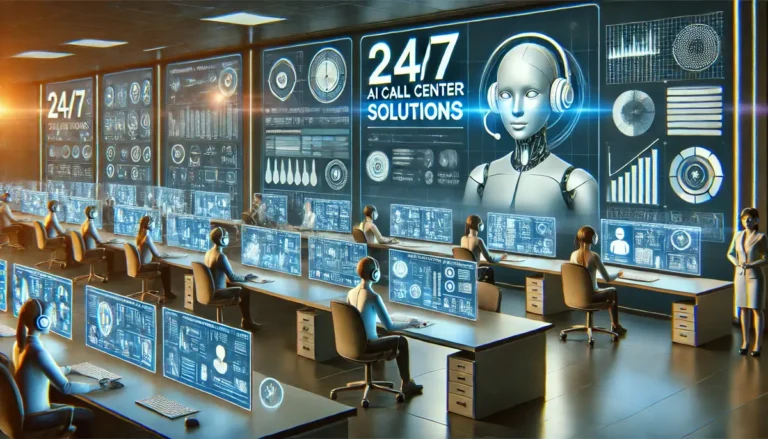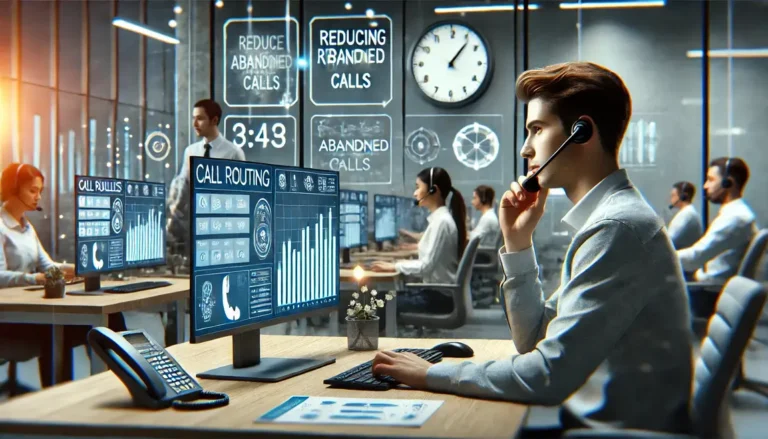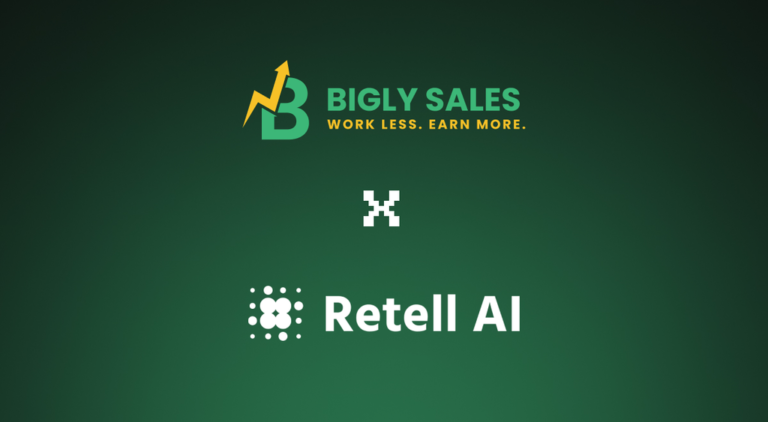Running a medical practice requires constant attention, dedication, and the ability to provide excellent care to your patients. But what happens when your office closes for the day? Do your patients stop needing care just because it’s after hours?
In reality, healthcare doesn’t stop when your office doors close. Whether it’s an urgent question, a follow-up on treatment, or an unexpected medical emergency, patients often need support outside of regular business hours.
If you’re wondering whether your medical practice needs an after-hours answering service, you’re not alone. Many healthcare providers are grappling with this question.
In this article, we’ve explored why having after-hours answering services can be an essential part of maintaining a high-quality, patient-centered practice. We’ll also discuss how it can improve patient care, reduce stress on your staff, protect your practice from legal risks, and more.
What are After-Hours Answering Services?
After-hours answering services are professional services that manages patient calls when your practice is closed. While your office might close at 5 p.m., your patients’ medical needs don’t always adhere to that schedule. That’s where an after-hours answering service steps in.
These services are designed specifically for medical practices and are staffed by trained professionals who understand the importance of every patient interaction.
The answering service doesn’t just take messages — in many cases, they offer medical triage, ensuring that urgent calls are directed to the right healthcare professional and that less critical issues are handled appropriately.
The goal is to make sure that your patients always have a direct line to help, whether that’s immediate medical advice, reassurance, or scheduling a follow-up appointment for the next business day.
By using this service, your practice can provide continuous care without requiring your staff to work around the clock. This is particularly beneficial for small to medium-sized practices that don’t have the resources for an in-house, 24/7 call center.
Why an After-Hours Answering Service is Crucial for Medical Practices?
Here are all the useful reasons why after-hours answering service is important for medical practices:
Ensuring Continuity of Care
Continuity of care is critical in today’s healthcare environment. Patients expect their healthcare providers to be available when they need them — whether it’s during regular hours or after.
After-hours answering services allow you to maintain a seamless patient experience, providing peace of mind that someone is always there to help.
For many patients, knowing they can reach your office at any time builds trust and increases their loyalty to your practice. Whether they have a question about their medication or are unsure if their symptoms require emergency care, a professional answering service can help them make informed decisions.
This continuity of care means your patients won’t feel like they’ve been left to fend for themselves once your office closes, which can significantly improve patient satisfaction and retention.
Patient satisfaction is one of the most important factors in the success of any medical practice. Providing access to care around the clock ensures that your patients never feel abandoned, even during off-hours. This can make a significant difference in how patients perceive your practice and the level of care they feel they are receiving.
Reducing Staff Burnout and Enhancing Work-Life Balance
Running a medical practice is stressful enough without adding the pressure of being available 24/7. Expecting your in-house staff to handle after-hours calls can lead to burnout, which in turn can affect patient care, staff morale, and even your bottom line.
Medical professionals are already stretched thin, and asking them to be on call after hours only adds to the stress.
An after-hours answering service takes that burden off your team’s shoulders. It allows your doctors, nurses, and administrative staff to focus on patient care during office hours, while the answering service takes care of the rest.
With the support of trained medical receptionists handling after-hours calls, your team can enjoy a better work-life balance, reducing the likelihood of burnout and helping them perform at their best during regular hours.
This balance isn’t just good for your staff; it’s essential for your practice’s long-term success. A happy, well-rested team is more productive, more focused, and better equipped to handle the challenges of healthcare.
By reducing the stress of after-hours calls, you’re investing in your team’s well-being and, ultimately, the quality of care you provide to your patients.
Handling Emergency Situations More Effectively
Not every call that comes in after hours is an emergency, but when it is, timely action can make all the difference. After-hours answering services with medical triage capabilities can distinguish between true emergencies and non-urgent calls.
This means that patients with critical needs can be directed to the appropriate healthcare provider or emergency services without delay.
For example, if a patient is experiencing chest pain or symptoms that could indicate a serious condition, a trained operator can escalate the call immediately to a physician or advise the patient to go to the emergency room.
On the other hand, if the call is about a routine medication refill, the answering service can log the message for follow-up the next business day.
This ability to triage calls reduces unnecessary emergency room visits and ensures that urgent issues receive the attention they need, even after hours.
It also helps protect your practice from potential legal risks by ensuring that patients receive timely advice and care when they need it most.
The legal implications of failing to address an emergency call can be significant, so having a reliable after-hours service can give you peace of mind.
Compliance with HIPAA Regulations
Patient privacy is a top priority in healthcare, and maintaining compliance with the Health Insurance Portability and Accountability Act (HIPAA) is a legal requirement for all medical practices.
An after-hours answering service must be fully HIPAA-compliant, ensuring that all patient information is handled securely and confidentially.
When selecting an answering service, it’s essential to verify that the company follows strict HIPAA protocols. This means that all calls, messages, and patient information must be kept secure, whether it’s communicated via phone, email, or text message.
Failing to comply with HIPAA regulations can result in significant fines and damage to your practice’s reputation, so choosing a compliant service is non-negotiable.
A HIPAA-compliant after-hours answering service ensures that your patients’ sensitive information is protected, even when you’re not in the office. This not only safeguards your practice from legal risks but also reassures your patients that their privacy is being respected at all times.
Improved Patient Satisfaction and Trust
Patients need to know that they can rely on their healthcare provider, even after hours. By offering an after-hours answering service, you demonstrate to your patients that their health is your top priority. This level of care builds trust, which is essential for patient retention and satisfaction.
When patients know they can call your office at any time and speak to a professional who can help them, it significantly improves their experience with your practice.
Whether they need advice on managing symptoms or reassurance about a medical concern, having someone available to address their needs makes them feel valued and cared for.
This trust translates into long-term loyalty. Satisfied patients are more likely to stay with your practice, refer friends and family, and provide positive reviews.
In an era where patient experience is a critical factor in the success of a healthcare practice, offering 24/7 support through an answering service can set your practice apart from the competition.
Key Features to Look for in an After-Hours Answering Service
Let’s now explore the key features of an after-hours answering service:
Trained Medical Receptionists and Staff
Not all answering services are created equal. When choosing an after-hours answering service, it’s crucial to select one that employs trained medical receptionists who understand the complexities of healthcare.
These professionals should be knowledgeable about medical terminology, HIPAA regulations, and the unique needs of patients seeking care outside of regular business hours.
Trained staff can provide accurate, compassionate service to your patients, ensuring that every call is handled appropriately.
Whether it’s a question about medication, an urgent medical issue, or scheduling an appointment, a qualified receptionist can make all the difference in how your patients perceive their interaction with your practice.
Seamless Integration with Your Practice’s Workflow
Your after-hours answering service should integrate seamlessly with your practice’s existing workflow. This means the service should be able to forward important messages to your team, schedule appointments if necessary, and update your electronic health record (EHR) system with relevant patient information.
Seamless integration ensures that there’s no disruption in care when your office reopens. It also allows your team to pick up where the answering service left off, ensuring a smooth transition and continuous care for your patients.
Bilingual Support
Healthcare is becoming more diverse, and offering bilingual support is a crucial way to meet the needs of all your patients.
Whether your practice is located in a multicultural area or you frequently treat patients who speak different languages, having a bilingual answering service ensures that language barriers don’t prevent patients from getting the care they need.
Offering support in multiple languages not only enhances patient satisfaction but also demonstrates that your practice is inclusive and committed to providing accessible care for everyone.
Availability of Medical Triage Services
Medical triage services are essential for practices that receive a high volume of urgent calls. If your practice regularly deals with patients who need immediate medical advice, an answering service with triage capabilities is a must.
Triage services assess the urgency of each call and ensure that the appropriate action is taken. Whether it’s advising a patient to seek emergency care or scheduling an appointment for the next business day, triage services provide an extra layer of care that can help prevent medical emergencies and improve patient outcomes.
Costs and ROI of After-Hours Answering Services
The cost of an after-hours answering service varies depending on the size of your practice and the level of service you require.
However, the return on investment (ROI) can be substantial. By improving patient satisfaction, reducing legal risks, and enhancing the efficiency of your practice, an after-hours answering service can pay for itself over time.
Consider the cost of hiring additional staff to handle after-hours calls or the potential financial and reputational damage of a missed emergency. Compared to these expenses, the cost of an answering service is minimal.
Many services offer flexible pricing plans, so you can choose the option that works best for your practice’s needs and budget.
Common Myths About After-Hours Answering Services
Some medical practices may hesitate to invest in an after-hours answering service due to misconceptions about cost, complexity, or patient preferences.
One common myth is that after-hours answering services are too expensive for small practices. In reality, many services offer affordable options tailored to the needs of smaller healthcare providers.
Another myth is that patients won’t appreciate speaking to third-party operators. However, modern answering services are staffed by trained professionals who provide compassionate, knowledgeable care, ensuring that patients feel heard and respected.
How to Choose the Right After-Hours Answering Service?
Choosing the right after-hours answering service requires careful consideration of your practice’s specific needs. Start by evaluating the volume of after-hours calls you receive and the types of issues that typically arise.
If your practice deals with a lot of urgent care situations, an answering service with medical triage capabilities is essential.
You should also ensure that the service is fully HIPAA-compliant and that it integrates smoothly with your practice’s systems. Many services offer trial periods or customizable packages, so you can test the service before making a long-term commitment.
Conclusion
Today, an after-hours answering service is more than just a convenience — it’s a necessity for practices that want to provide comprehensive, patient-centered care.
Whether you’re looking to improve patient satisfaction, reduce staff burnout, or protect your practice from legal risks, an after-hours answering service can provide the support you need to run your practice efficiently.
By offering 24/7 access to care, maintaining continuity, and ensuring that your patients always have a trusted source of help, you can set your practice apart and ensure long-term success.
If you haven’t yet considered an after-hours answering service for your medical practice, now is the time to explore how it can benefit both your team and your patients.

